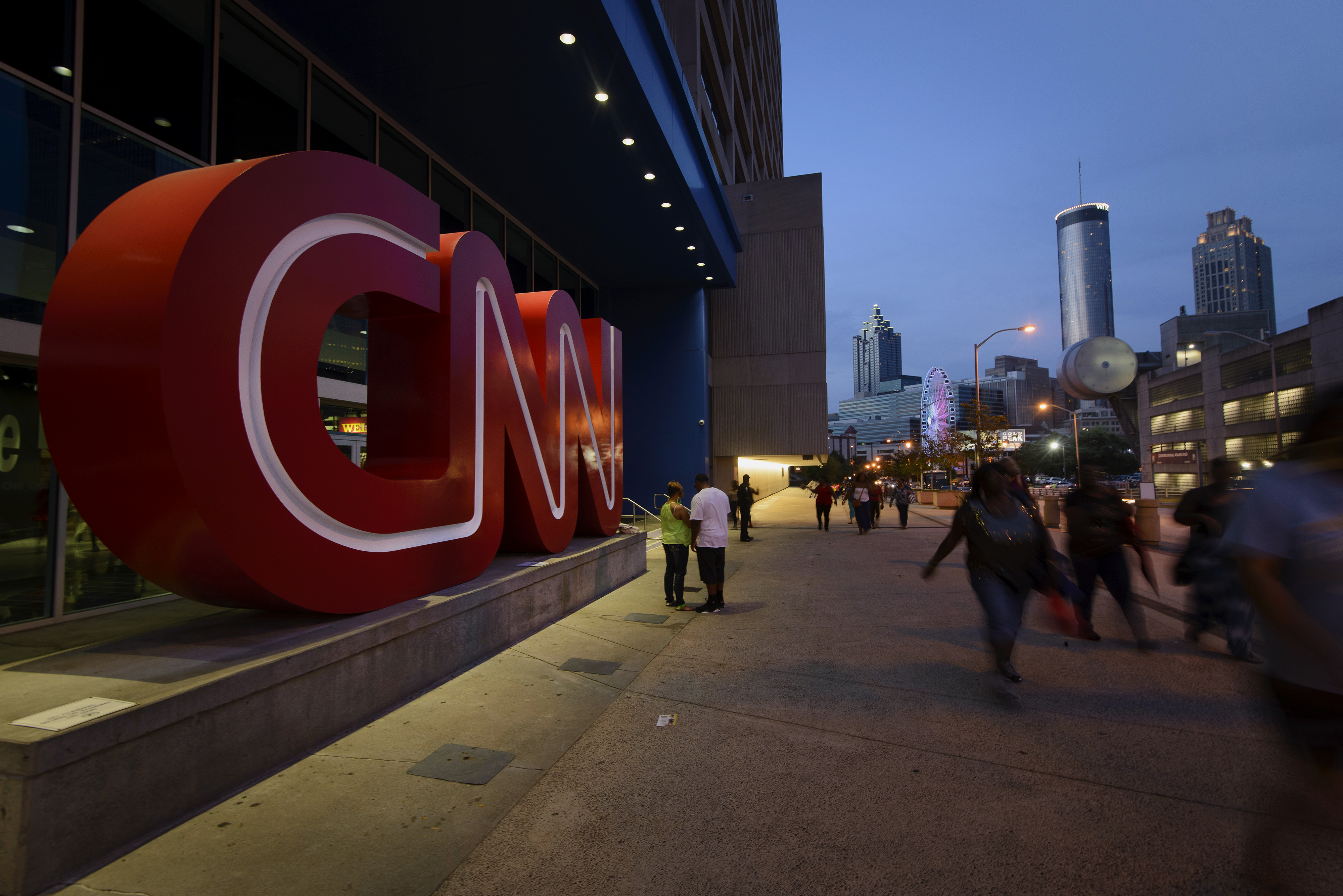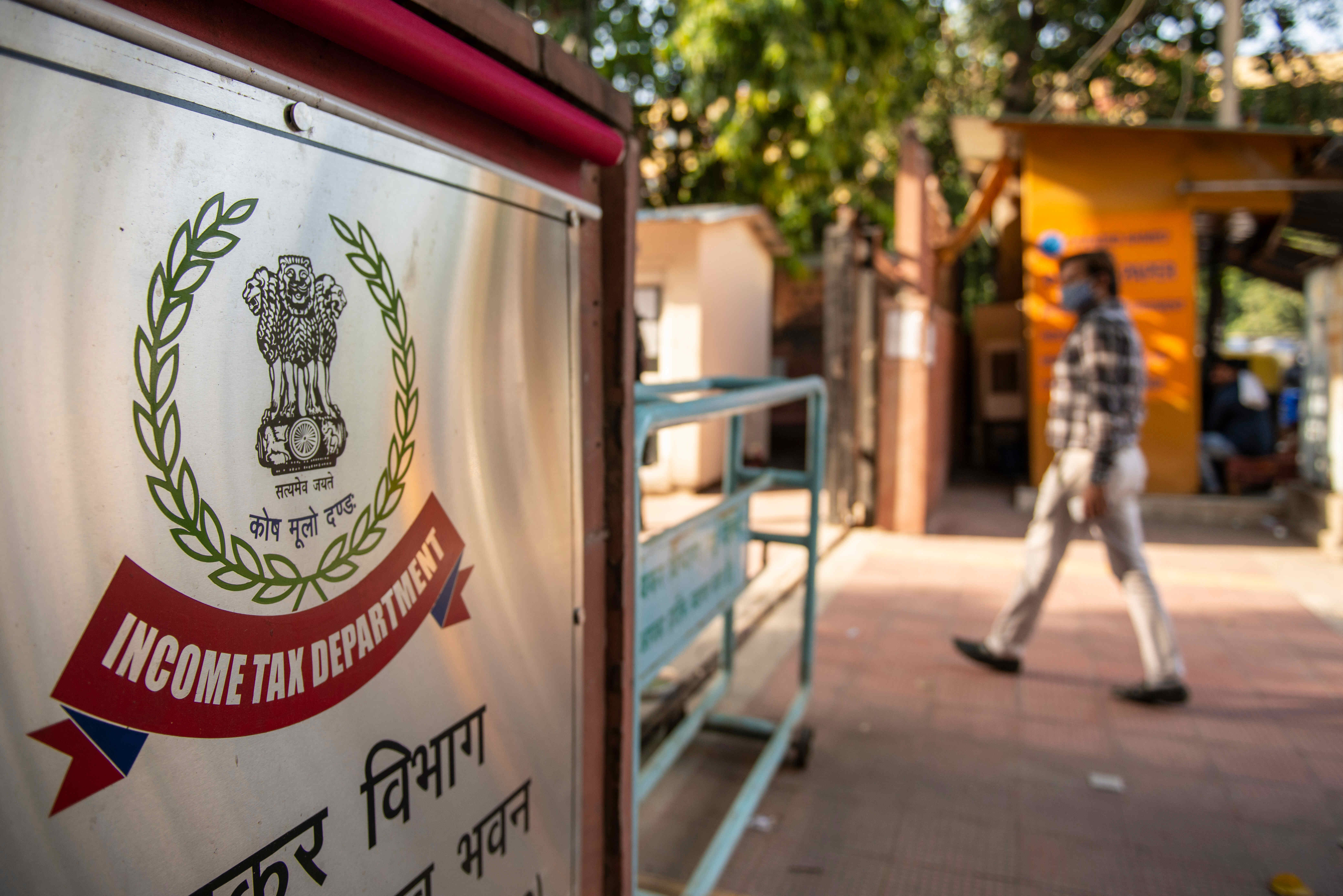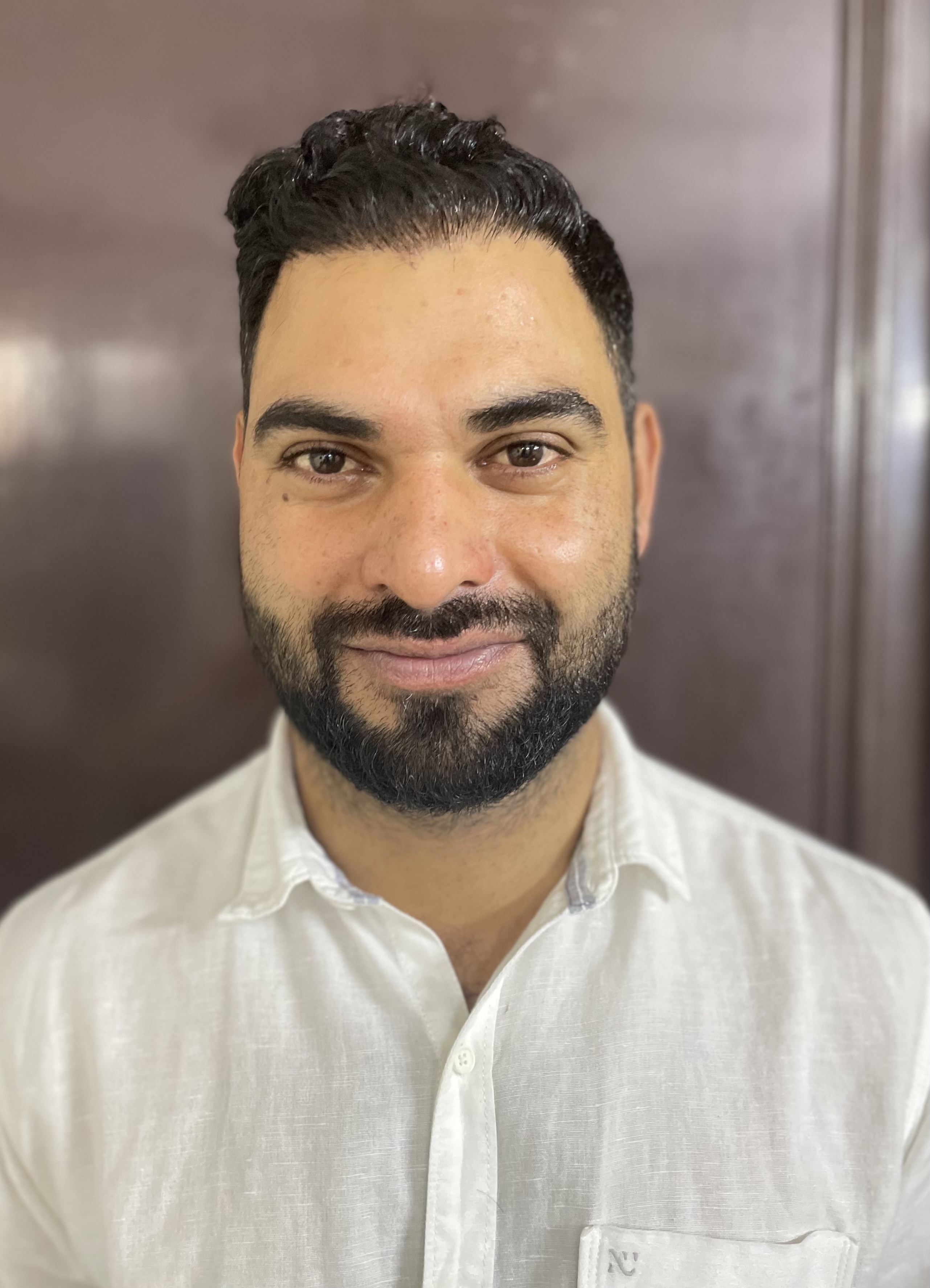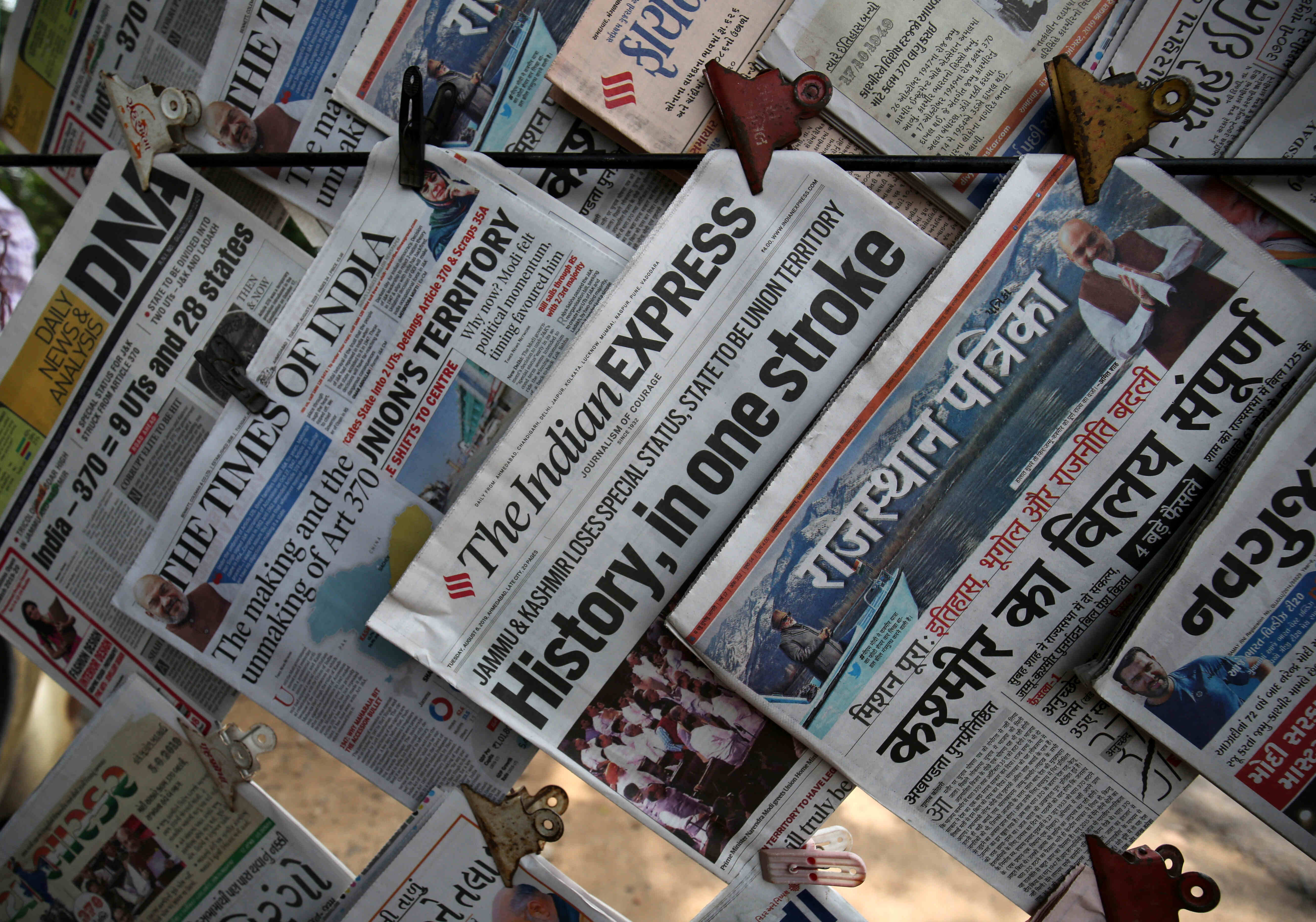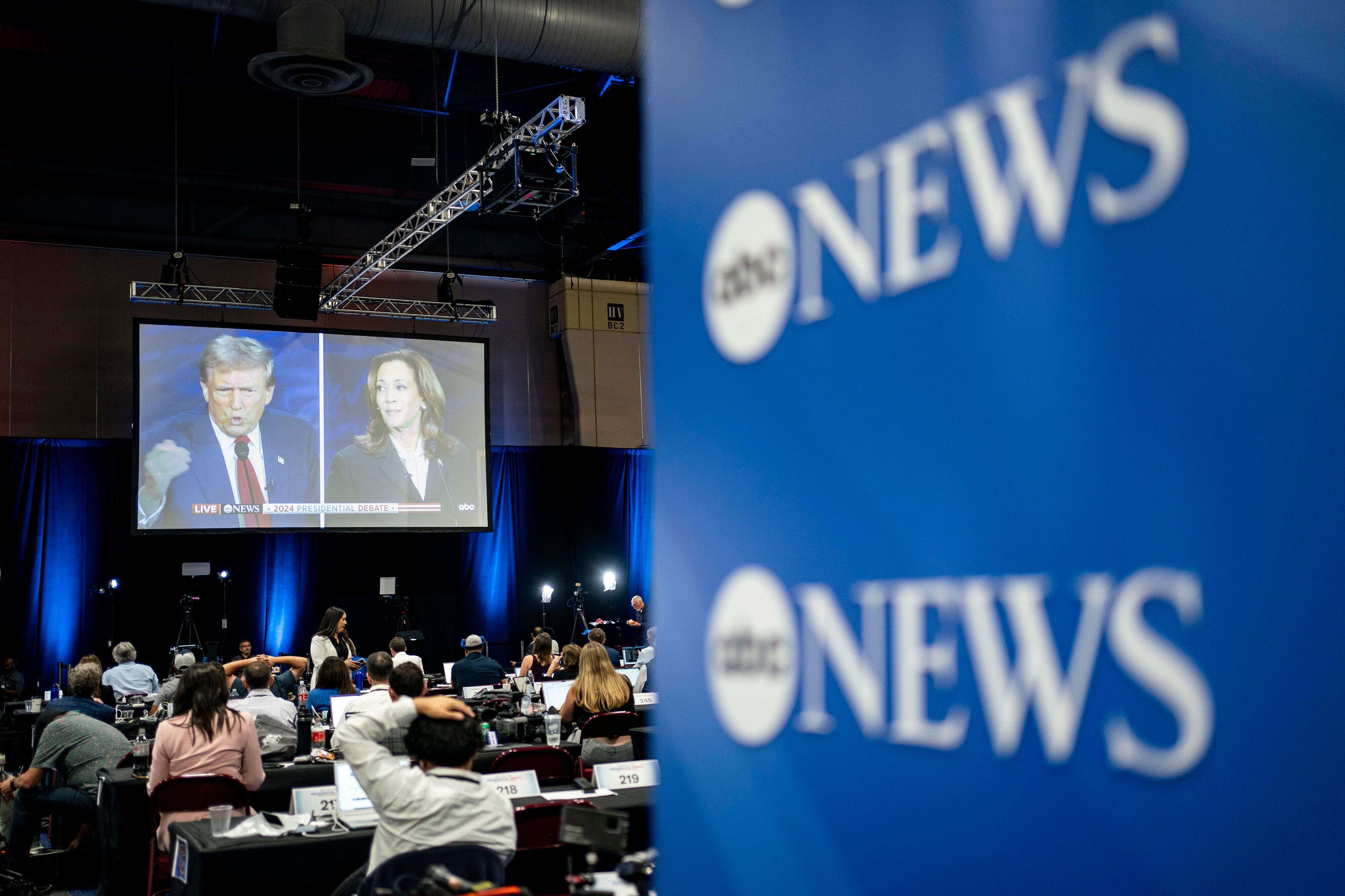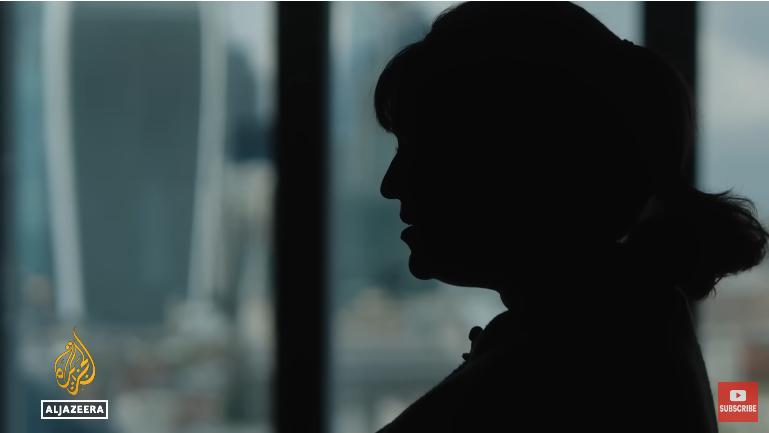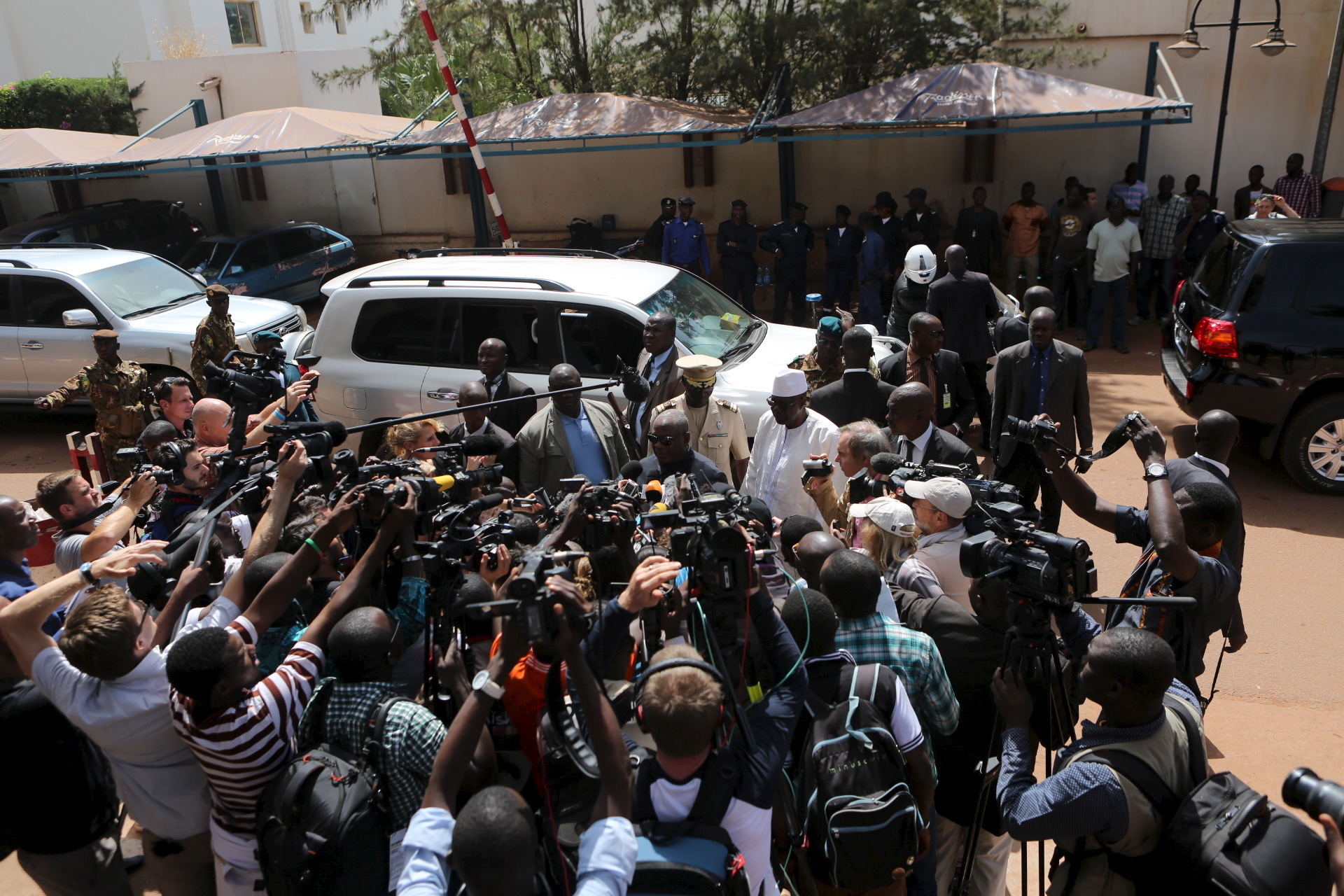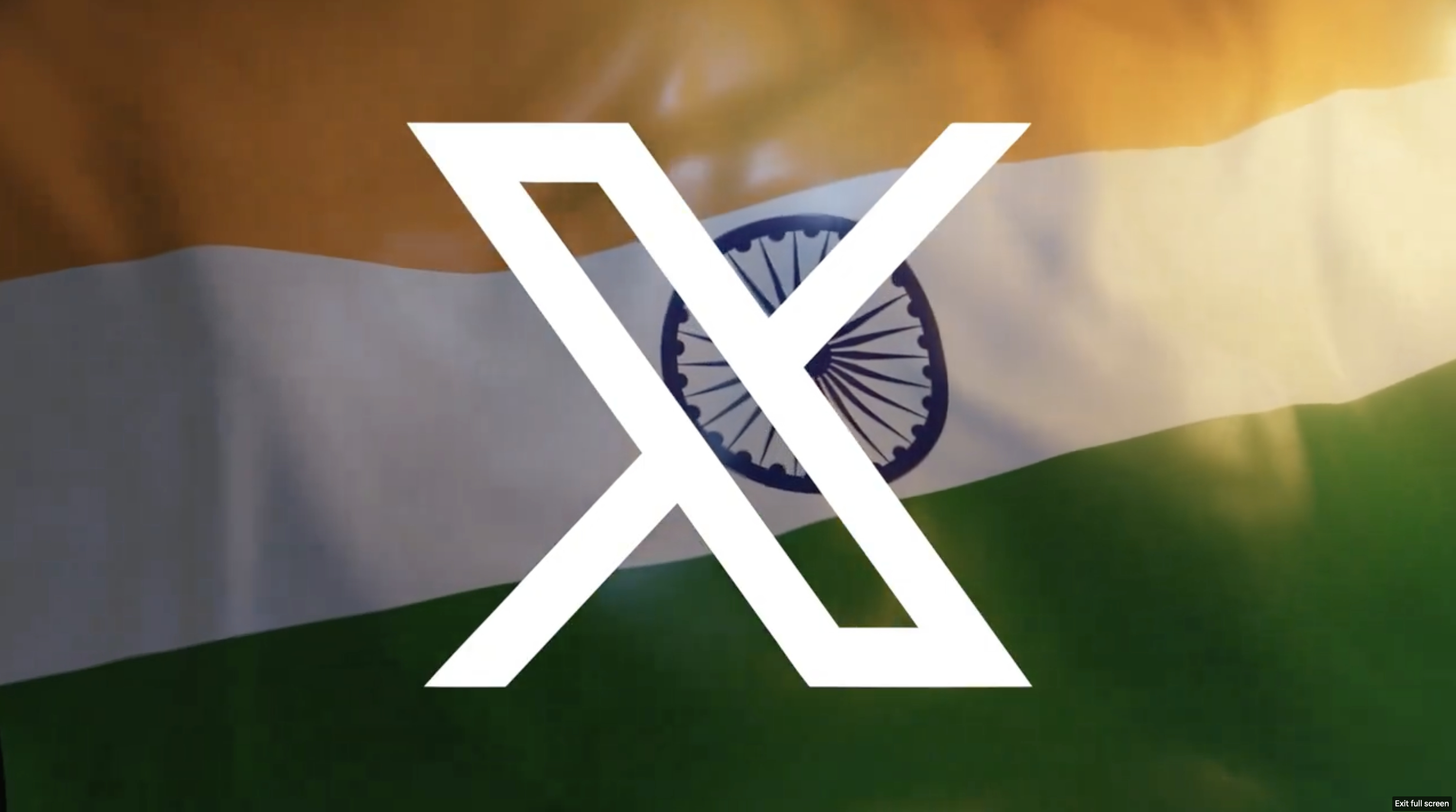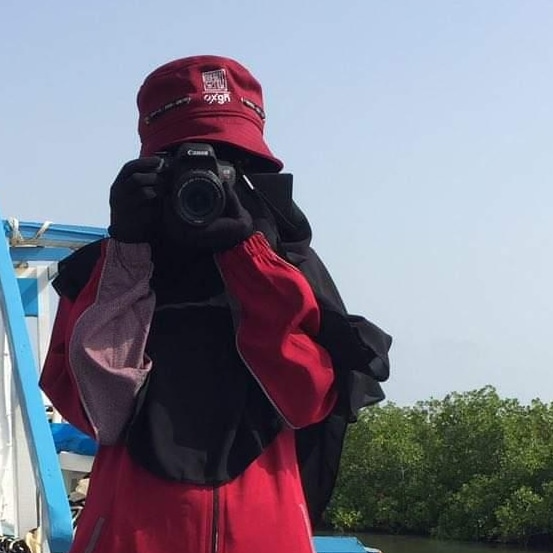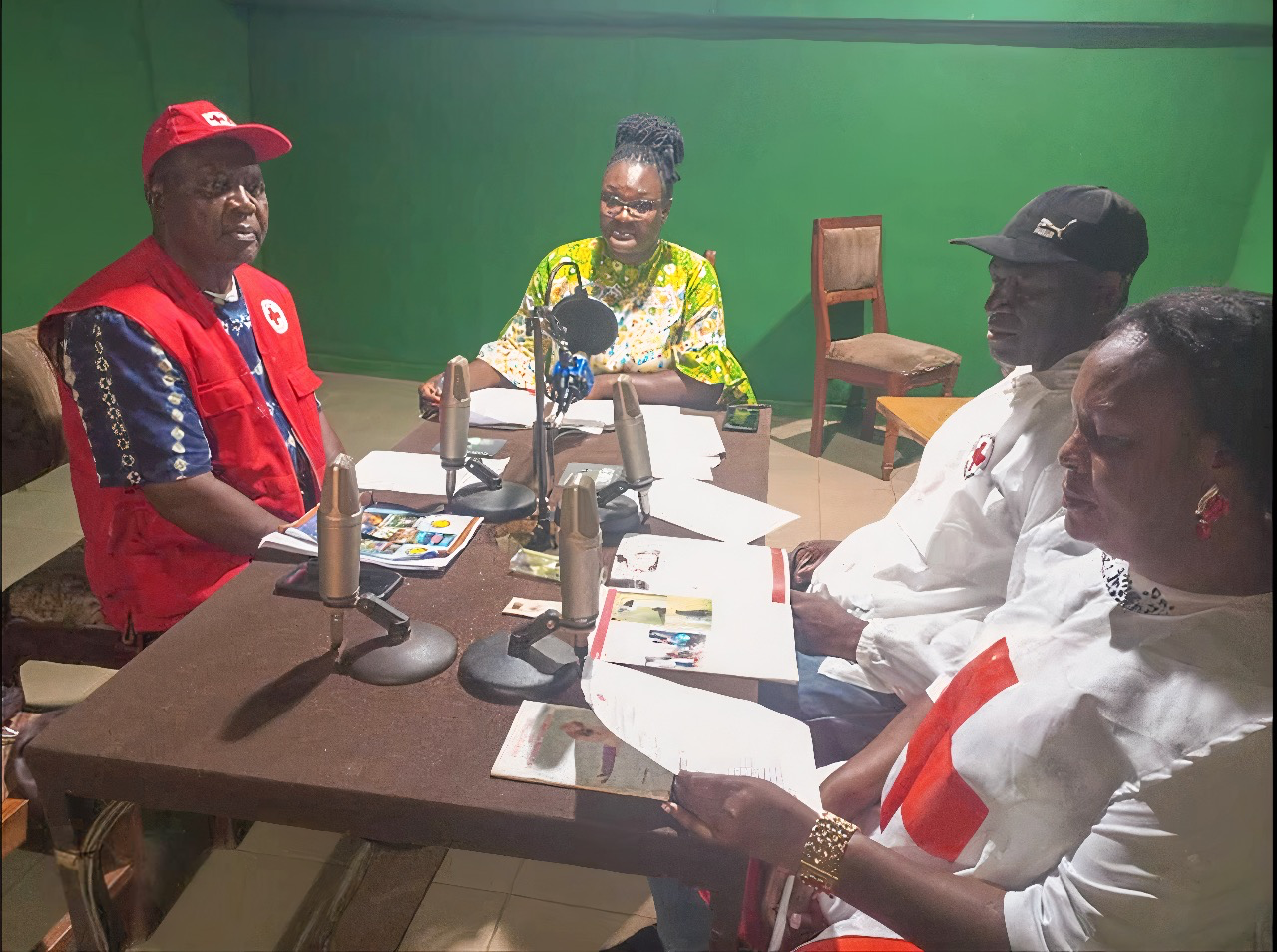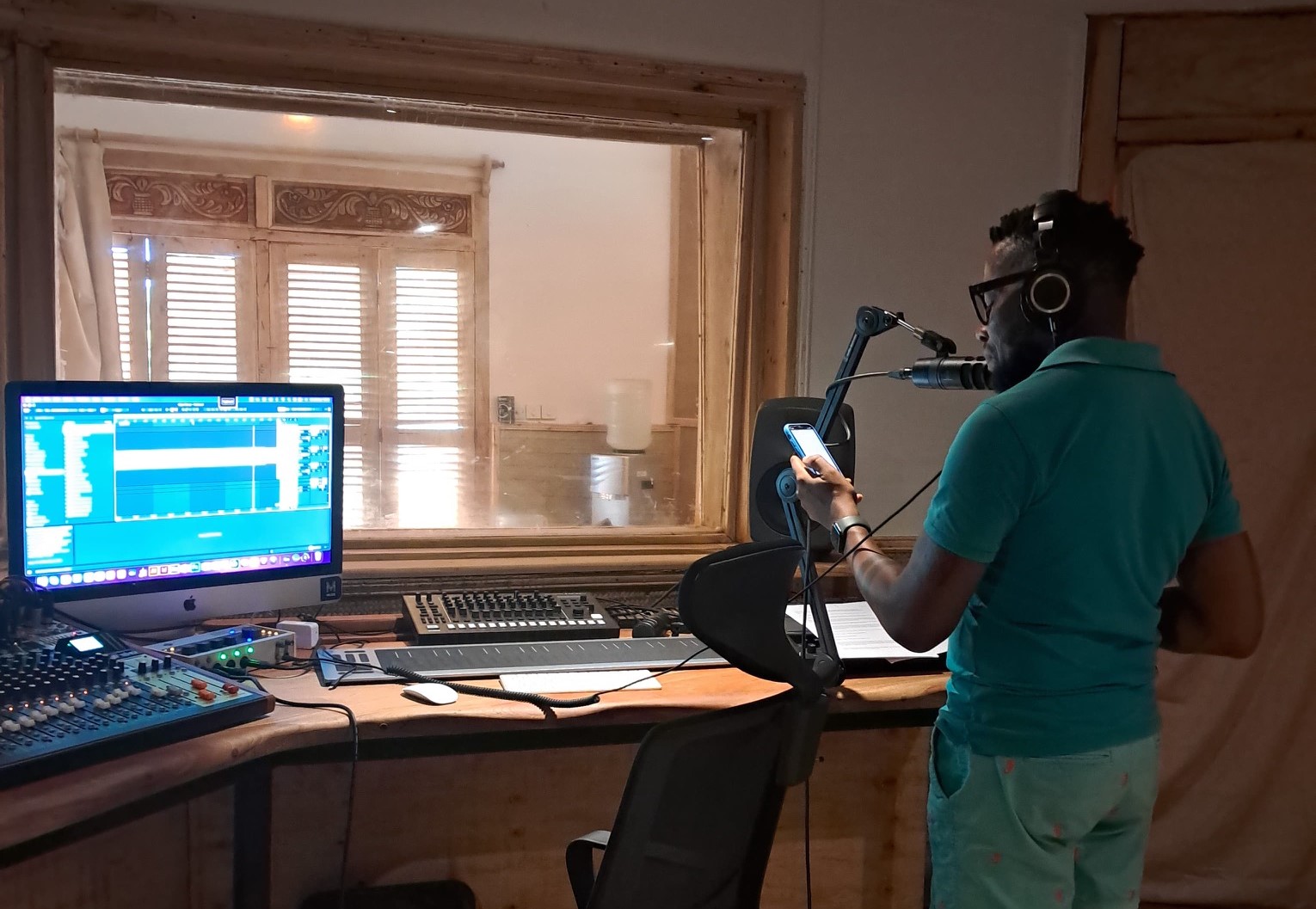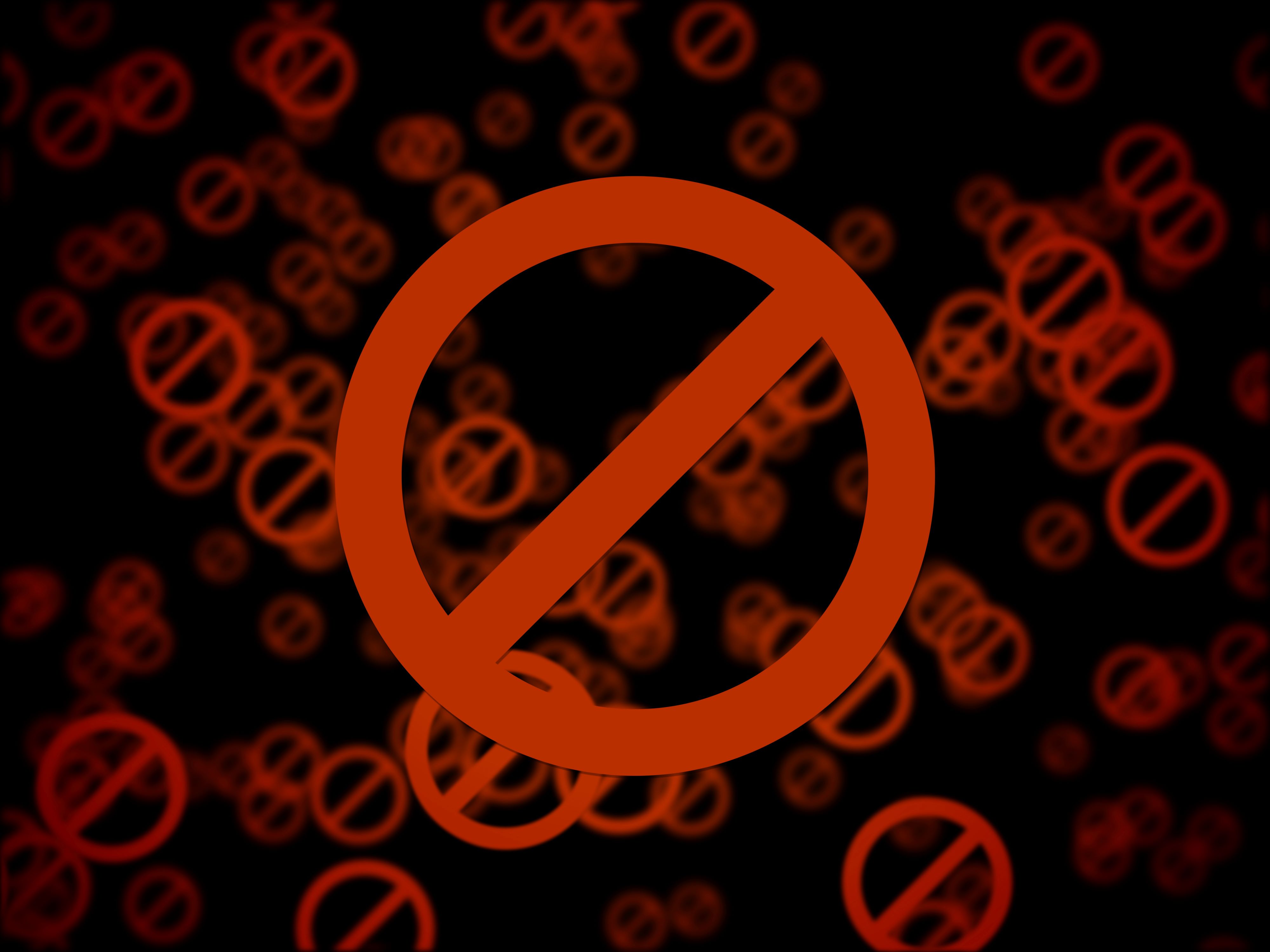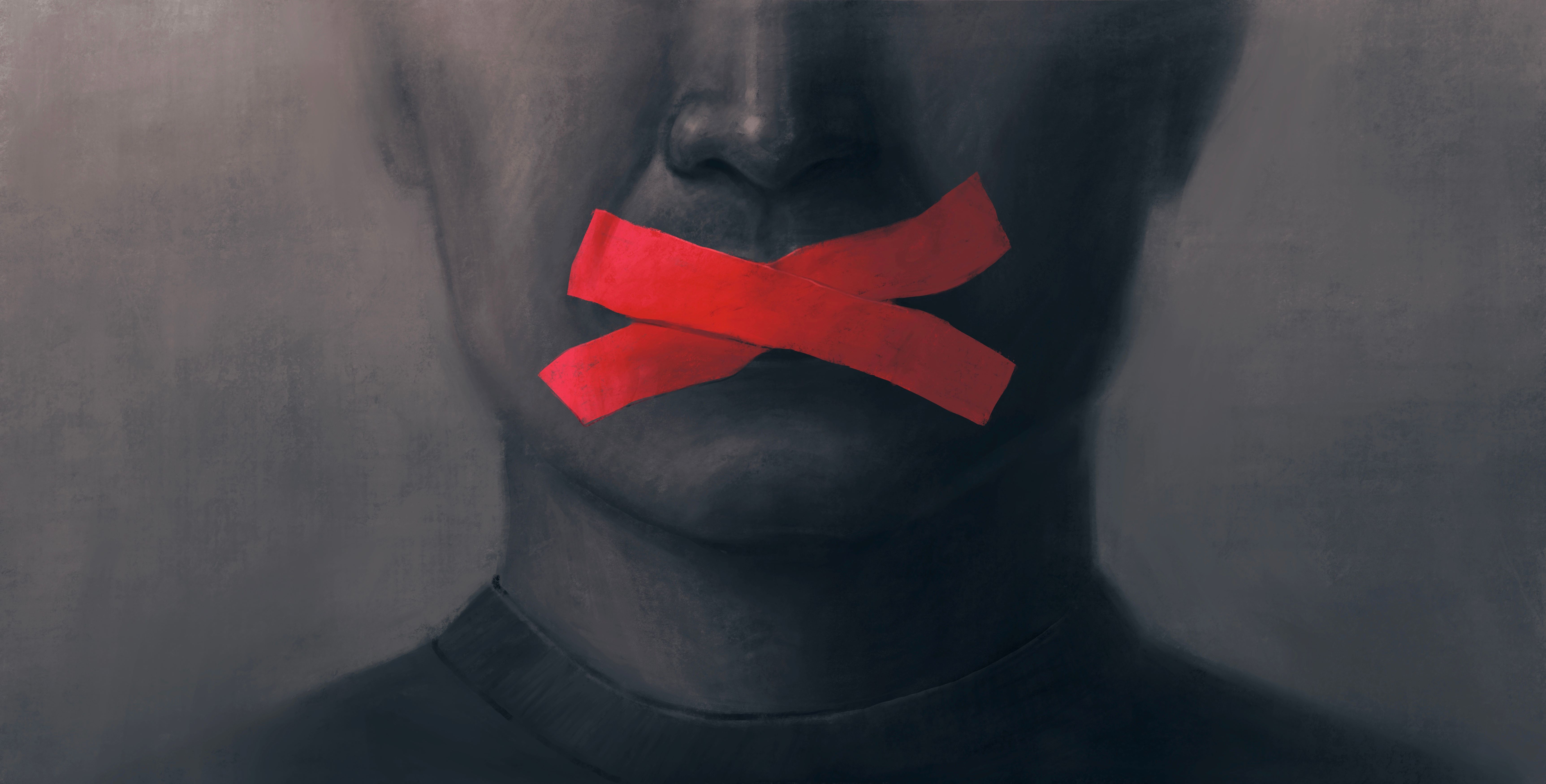نشرت صحيفة الغارديان البريطانية تقريرا يكشف وجود ضغوط على الصحفيين في شبكة "سي أن أن" الأمريكية من أعلى المستويات من أجل دعم "ساذج" للمزاعم الإسرائيلية وإسكات الصوت الفلسطيني.
تقرير الغارديان الذي استند إلى شهادة 6 موظفين في الشبكة ومجموعة من المراسلات والوثائق الداخلية حصلت عليها الصحيفة، يشير بوضوح إلى امتعاض عدد من الصحفيين بسبب ما وصفوه بأنه "تشويه للتغطية" بسبب التحيز المؤسساتي داخل الشبكة إلى إسرائيل، وضرورة أن تمر الأخبار عبر مجموعة من الموافقات قبل النشر، مهما كانت دقة التقرير الأولي الذي يعده الصحفيون، حسب شهادة أحد الموظفين.
وتشمل التقييدات على المحتوى الإخباري فرض تقييد مشدد على نقل آراء حماس أو وجهات النظر الفلسطينية الأخرى بشأن ما يجري في غزة، بينما تؤخذ التصريحات الإسرائيلية على أنها حقائق مسلّم بها من دون أي تدقيق. كما أن الشهادات والوثائق تثبت أن أي قصة بشأن الحرب الحالية يجب أن يوافَق عليها من مكتب الشبكة في القدس قبل البث أو النشر.
تتجسد هذه التقييدات في منع بعض محاولات الضغط التي يمارسها صحفيون من أجل تمرير محتوى أكثر قربا لحقيقة ما يجري في غزة؛ فرغم اشتراط مرور المحتويات عبر مكتب القدس، فإنه تُجرى عليها تغييرات جوهرية تتضمن استخدام لغة مجهِّلة وإزالة للقصص المهمة، بما يضمن أن تكون التقارير كلّها -مهما كانت قساوة ما تعرضه من انتهاكات- تعفي إسرائيل من المسؤولية عن الجرائم المرتكبة، وهو ما دفع عددا من الصحفيين المخضرمين إلى الامتناع عن الذهاب لتغطية الحرب؛ لمعرفتهم المسبقة أنهم لن يكون أحرارا في نقل ما يرونه من حقائق.
وبشأن هذه المقاربة في تغطية الحرب، فقد ربط صحفيون من شبكة "سي أن أن" شدة النبرة المتحيزة التي طغت على تغطية الشبكة للحرب الحالية، بتعيين الشبكة لمارك طومسون رئيس تحرير ومديرا تنفيذيا بعد يومين فقط من بدء معركة طوفان الأقصى في السابع من أكتوبر من العام الماضي، ولا سيما أن طومسون ذاته اتهم أثناء عمله مديرا عاما لهيئة الإذاعة البريطانية "بي بي سي" بالرضوخ للضغوط الإسرائيلية في أكثر من مناسبة، بما في ذلك مطالبة إسرائيلية بعزل واحد من أبرز مراسلي الهيئة من منصبه في مكتب القدس عام 2005.
هذا التغيير في هيكل الإدارة التحريرية للشبكة أدى -حسب قول مطلعين داخل "سي أن أن"- إلى تسليط الضوء بشكل أكبر على "المعاناة الإسرائيلية" وتبني رواية الاحتلال لأهداف الحرب على غزة بوصفها "حربا على حماس وأنفاقها"، مع تجاهل كبير لحجم القتلى المدنيين الفلسطينيين والدمار الذي وقع في قطاع غزة. كما أن التقرير يشير إلى أن القرارات التحريرية اليومية تتشكل من خلال مقر الشبكة في أتلانتا.
ويشير تقرير الغارديان إلى أن طومسون -منذ اليوم الأول لتوليه منصب رئاسة تحرير الشبكة- أرسل مذكرة من صفحتين تتضمن تعليمات بشأن تغطية الحرب، تضمنت فقرة جاء فيها: "في الوقت الذي ستنقل فيه "سي أن أن" العواقب الإنسانية للهجوم الإسرائيلي والسياق التاريخي للقصة، فإنه يجب علينا الاستمرار في تذكير جمهورنا دائما بالسبب المباشر لهذا الصراع الحالي، وهو هجوم حماس والقتل الجماعي واختطاف المدنيين".
رأى صحفيون في الشبكة أن هذه المذكرة عززت إطارا للقصص التي وُظِّفت فيها أحداث السابع من أكتوبر لتبرير الانتهاكات الإسرائيلية ضمنيا، وأن ذكر السياق أو التاريخ الآخر (السياق والتاريخ الفلسطيني) لم يكن مرحَّبا به، إنما كان مهمشا غالبا.
وقال أحد هؤلاء الصحفيين: "لا يمكن للمحررين أن يقرأوا ذلك إلا ضمن سياق تعليمات تشير إلى أنه مهما فعل الإسرائيليون، فإن حماس هي الملومة، وأن أي فعل ترتكبه إسرائيل، كإلقاء القنابل الضخمة التي مسحت مدنا بأكملها وأبادت عائلات كاملة، فسيؤطر ضمن سياق مخفف يلمح إلى أن الفلسطينيين هم من جلبوا ذلك لأنفسهم".
كما أشارت المذكرة إلى أن أي ذكر لعدد الضحايا الفلسطينيين في غزة تعلنه وزارة الصحة يجب أن يُربَط بجملة "التي تسيطر عليها حماس"، وهو ما يلمّح حسب التقرير إلى تقويض أي أرقام عن مقتل آلاف الأطفال، حتى بعد أن أقرت منظمة الصحة العالمية ومنظمات دولية أخرى بصحتها.
وكانت مجلة الصحافة قد سلطت الضوء في أكثر من مرة في صفحة الرصد التي دشنتها لرصد الانتهاكات المهنية في تغطية الحرب على غزة، على كثير من هذه الانتهاكات التي مارستها سي أن أن في تغطيتها، لتأتي هذه التسريبات وتؤكد شبهات وجود نية مسبقة لدى الشبكة لتضليل الجمهور بشأن حقيقة ما يجري في قطاع غزة، والتحيز للسردية الإسرائيلية وتجاهل السرديات الأخرى.
